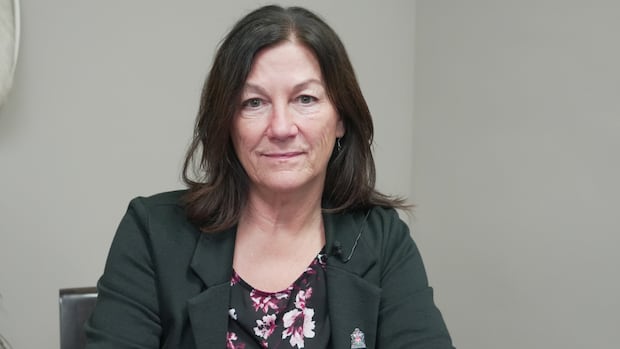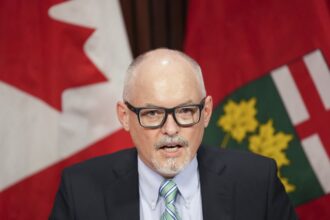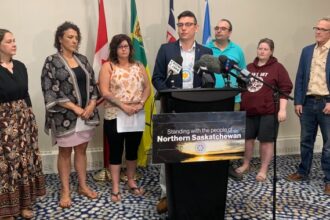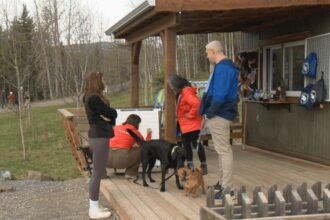In a decision that has sent ripples through the West Kootenay region, residents of Trail, British Columbia were blindsided this week by the announcement that their community health laboratory would be permanently shutting its doors. The closure, effective immediately, has left thousands of local patients scrambling to find alternative healthcare options and sparked outrage among community members who see this as yet another erosion of rural healthcare services.
“We received absolutely no warning,” said Trail resident Marjorie Hoffman, 78, who relies on weekly blood tests to monitor her heart medication. “One day the lab was open, the next there was just a sign on the door telling us to go elsewhere. For seniors like me without reliable transportation, this isn’t just inconvenient—it’s potentially dangerous.”
The laboratory, operated by Valley Medical Laboratories (VML), has been a cornerstone of healthcare infrastructure in Trail for over three decades, processing thousands of blood tests, urinalyses, and other critical diagnostic procedures annually. According to information from CO24 News, the closure appears to stem from contract disputes between VML and the Interior Health Authority, though neither party has provided comprehensive details.
Interior Health has issued a statement directing patients to facilities in Castlegar or Rossland—communities that are 25 and 15 kilometers away respectively. For many residents, particularly elderly and mobility-challenged individuals, these alternatives present significant barriers to accessing essential healthcare.
Local physician Dr. James Riordan expressed profound concern about the impact on patient care. “This lab handled approximately 40,000 tests annually. The neighboring facilities simply don’t have the capacity to absorb this volume without substantial delays. In medicine, timing can be everything—especially when monitoring chronic conditions or diagnosing emergencies.”
The economic implications extend beyond healthcare. As reported in our Canada News section, Trail’s laboratory employed 15 full-time staff members, all of whom received termination notices with minimal severance. In a community of just over 7,000 people, these job losses represent a significant economic blow.
Trail Mayor Colleen Jones has called an emergency council meeting to address the situation. “We’ve reached out to our provincial representatives and the Ministry of Health,” Mayor Jones stated. “Rural communities like ours deserve the same standard of healthcare as urban centers. This closure represents a disturbing trend of centralization that disadvantages smaller communities.”
Community activism has already begun in response, with a petition gathering over 2,000 signatures in just 48 hours. Local business owner Trevor Singh has organized a community rally scheduled for this weekend. “This isn’t just about inconvenience,” Singh emphasized. “For many people here, particularly our seniors and those with chronic conditions, accessible diagnostic services can mean the difference between life and death.”
Healthcare advocates note that this closure fits a concerning pattern of service reduction in rural communities across British Columbia. According to data from the Rural Health Network, more than 30 communities with populations under 10,000 have experienced significant healthcare service reductions in the past five years, disproportionately affecting elderly and economically disadvantaged residents.
As Interior Health and provincial officials deliberate next steps, Trail residents are left wondering: in a healthcare system that promises universal access, why are rural communities increasingly finding themselves on the outside looking in, and what will it take for policymakers to recognize that geographic location shouldn’t determine the quality of healthcare Canadians receive?










